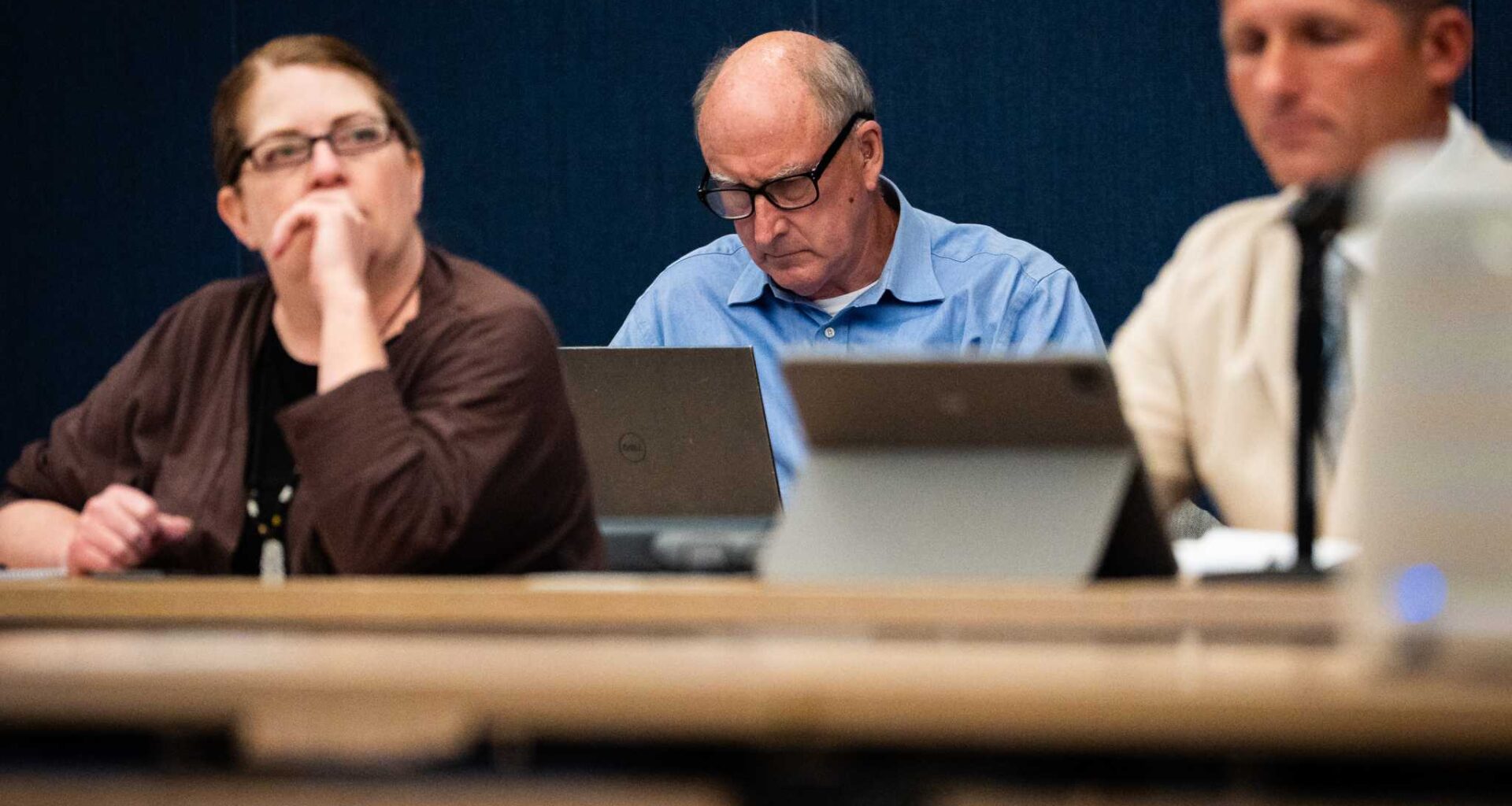Last month after weeks of heated negotiations, the city of Austin announced it had reached a tentative deal on a new labor agreement with its firefighters union that included several of the Austin Firefighters Association’s major asks. The parties had been set to vote on the agreement this week but both independently decided to delay the decision amid lingering concerns from one — or perhaps both — parties.
Firefighters Association President Bob Nicks told the American-Statesman his members had planned to begin voting on the agreement online Monday but the union’s bargaining team had concerns about recent revisions to previously agreed-upon terms, namely the implementation of the so-called “Austin schedule.”
Currently, firefighters work one day, then have two days off. Under the new plan, they would work one day, have three days off, work two days, and then have three days off. However, Nicks said the latest agreement would give the fire chief discretion over when to implement the schedule.
“We have no confidence in an agreement that leaves the control of the schedule in management’s hands,” Nicks said.
Nicks did not say when a vote might take place but noted the union typically votes on contracts before Austin City Council does and he expects that will happen again this time.
The City Council had been scheduled to vote on the agreement Thursday but pulled the item from its agenda. City spokesperson Erik Johnson did not answer questions about the reasoning behind the postponed vote or the association’s concerns but he said the city had no “lingering issues” with the proposed language and that council may consider the agreement at its Nov. 20 meeting.
Unlike with previous public safety labor talks, city officials have not released draft versions of the contract so its exact provisions remain unclear. Johnson declined to say when the document will be made public.
On Tuesday, Mayor Kirk Watson said he was “hopeful that the public and Council will have the proposed text and analysis of the full financial impact soon.”
“I look forward to working together to reach a final deal with the AFA that is good for firefighters and good for Austin,” the mayor wrote in a post on the council’s online message board.
The stall comes as Austin voters are casting ballots on Proposition Q, a measure that would generate $110 million for the city by raising its property tax rate more than 20%. Election Day is Nov. 4.
If Prop Q or any other tax hike measure fails, a provision in the tentative agreement gives the city some authority to scale back the annual raises included in the contract, which is one of the association’s biggest asks. (A similar provision was included in the Austin police union’s latest contract, which was ratified last year.)
In his post, Watson said he had asked city staff to produce two financial impact analyses of the contract as proposed — one that accounts for the passage of Prop Q and another that accounts for its failure. He noted the five-year analyses would include a calculation of how the hourly pay rate for firefighters would increase under the agreement.

